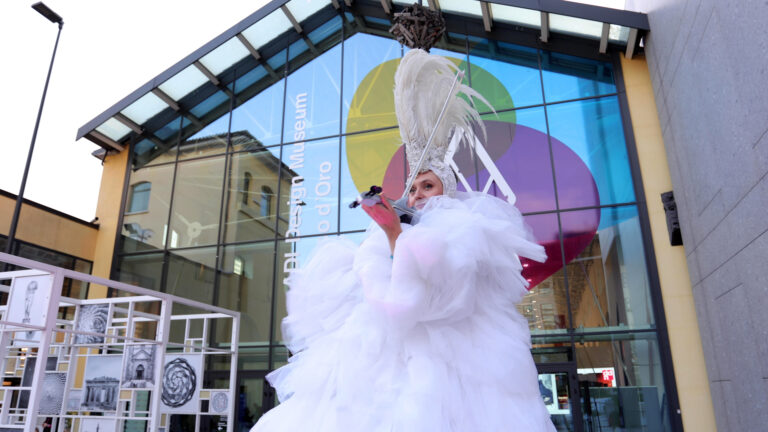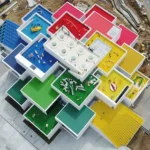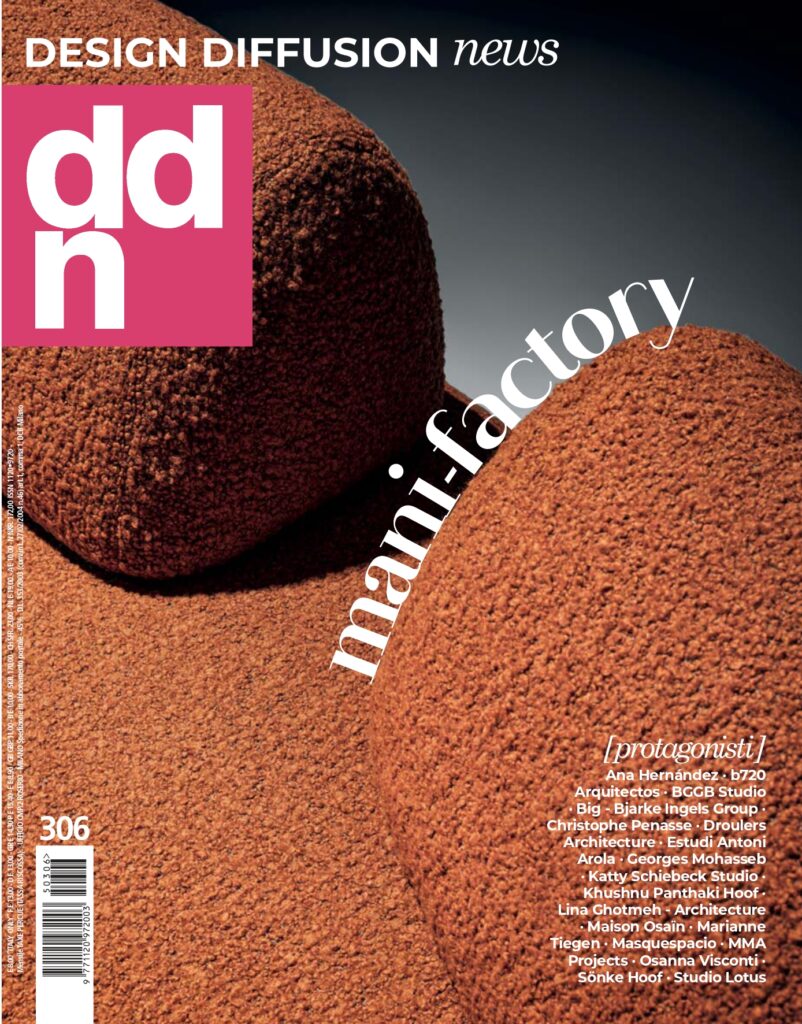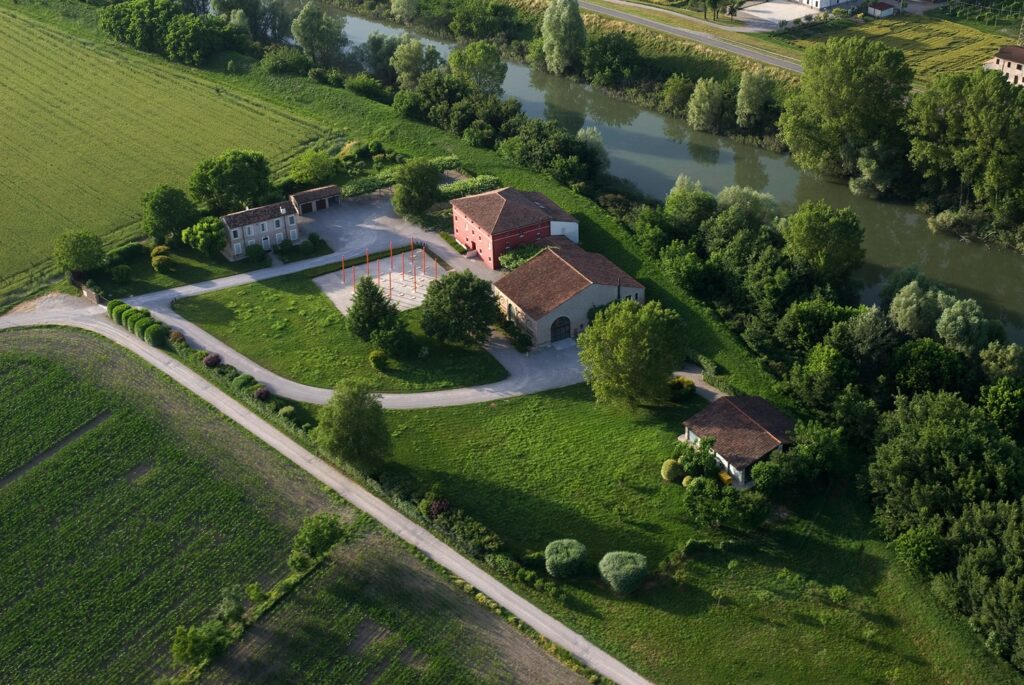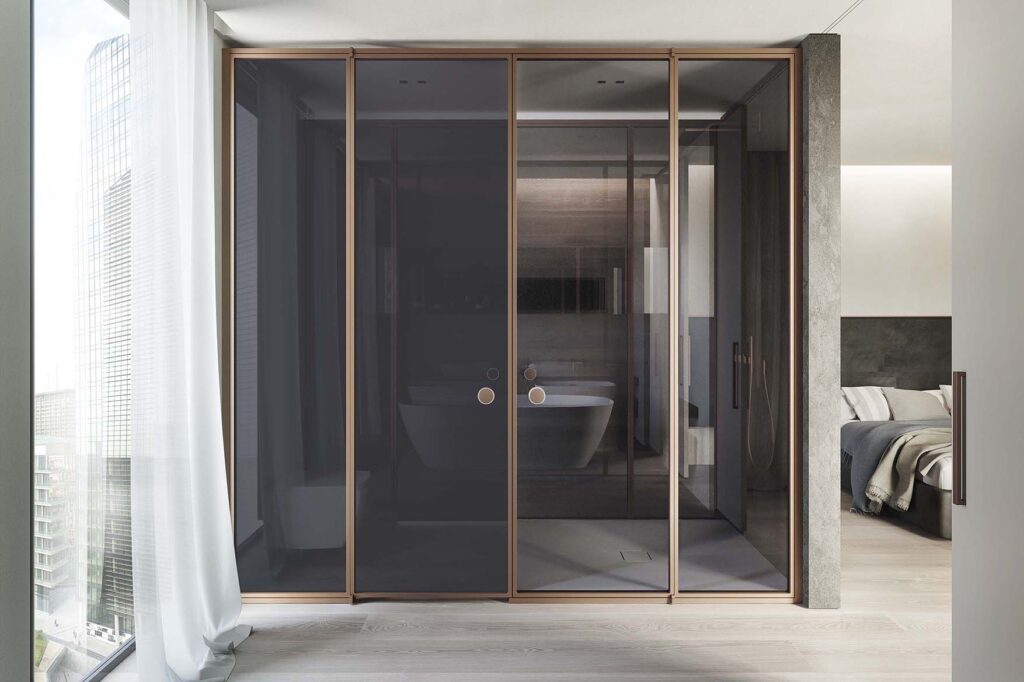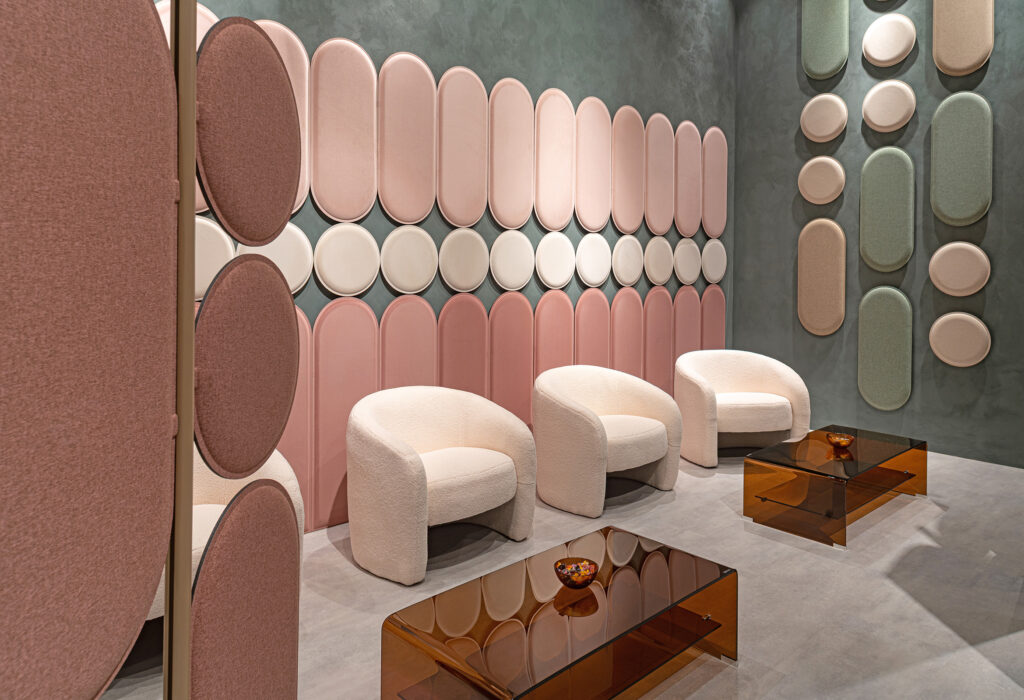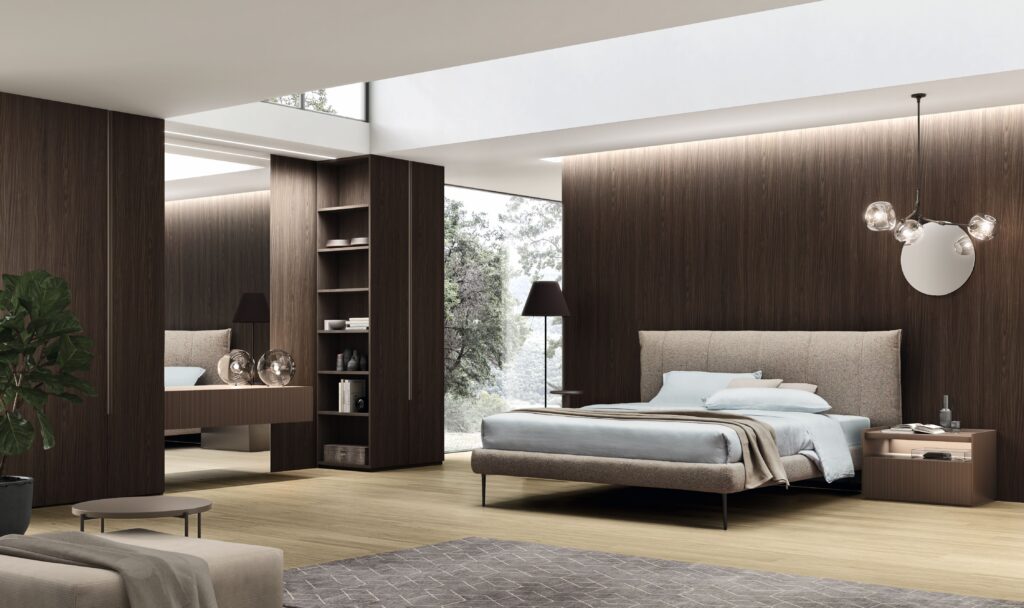Sustainability and Innovation at the heart of BAU 2025: shaping the future of urban and rural planning
From January 13 to 17, 2025, Munich will host BAU 2025, the international trade fair dedicated to architecture, building materials, and innovative systems. Key themes will focus on sustainability, the transformation of urban and rural spaces, and new housing solutions.
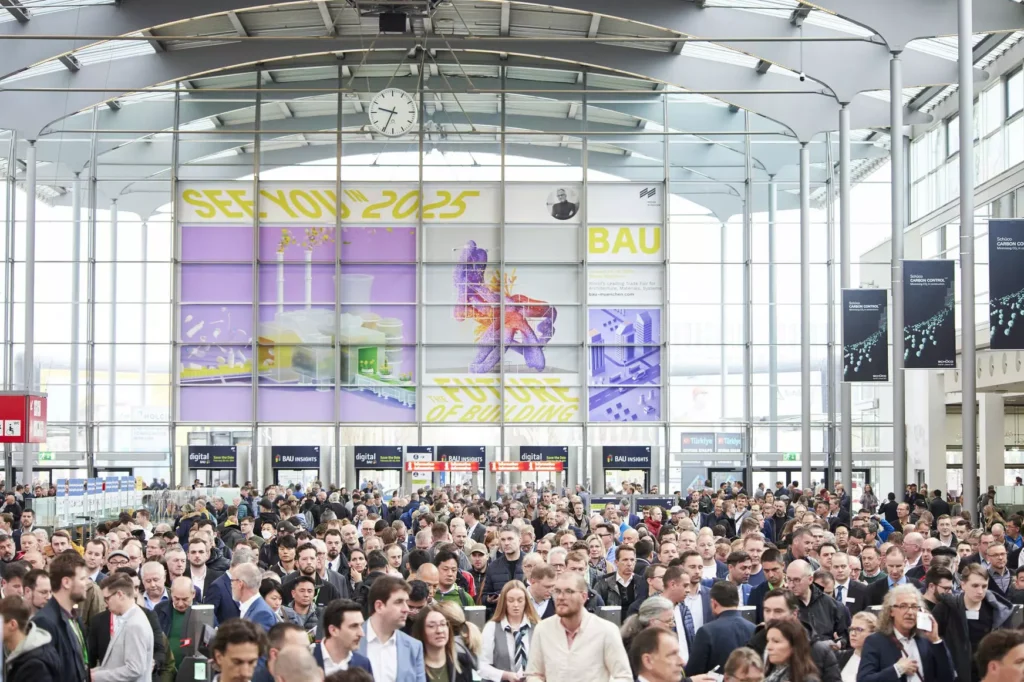
The challenge of territorial transformation at BAU 2025
Currently, about 56% of the world’s population lives in cities, a percentage projected to rise to 70% by 2050. This increase calls for forward-looking planning to optimize the management of territorial resources. BAU 2025 will provide an overview of solutions already implemented and approaches yet to be developed to address social, economic, and environmental challenges.
Urban and rural areas are increasingly merging, breaking down the traditional barriers between city and countryside. Common challenges such as infrastructure, mobility, and sustainable planning demand innovative and coordinated responses.
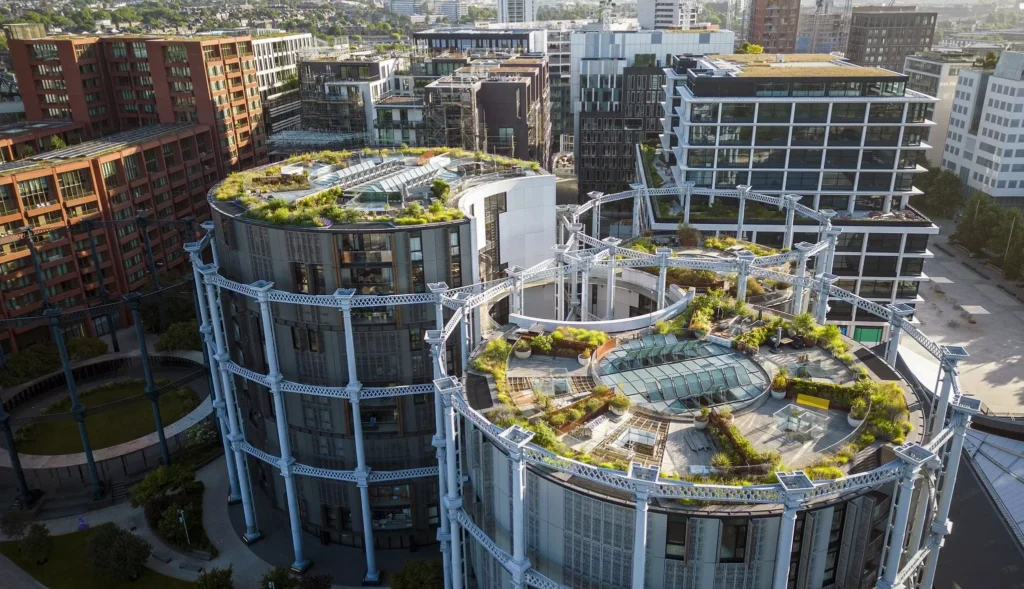
Planning and territorial development
Territorial planning plays a crucial role in creating sustainable living spaces. Strategies focus on preventing soil sealing, preserving cultural heritage, and promoting social integration. An important example is the “New Leipzig Charter,” a key document for urban development that advocates for fairer, greener, and more productive cities.
The goal is to create livable neighborhoods that integrate production, work, and life, addressing the needs of a continuously evolving society.
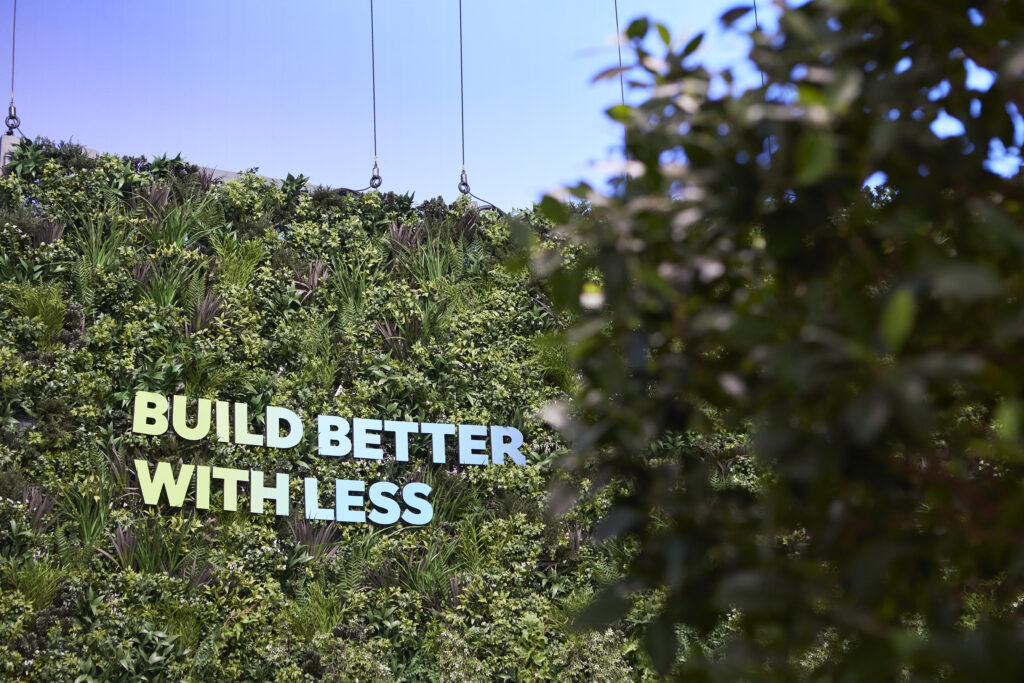
The transformation of existing building stock
The redevelopment of existing buildings represents a central challenge for the construction sector. The conversion of old industrial sites and unused areas exemplifies how it is possible to preserve cultural identity while simultaneously reducing environmental impact. Innovative projects demonstrate how intelligent use of space can revitalize urban centers and create new meeting places.
The challenge extends beyond cities to rural areas, where the transformation of existing buildings can lead to housing solutions and internal development without the use of new land.
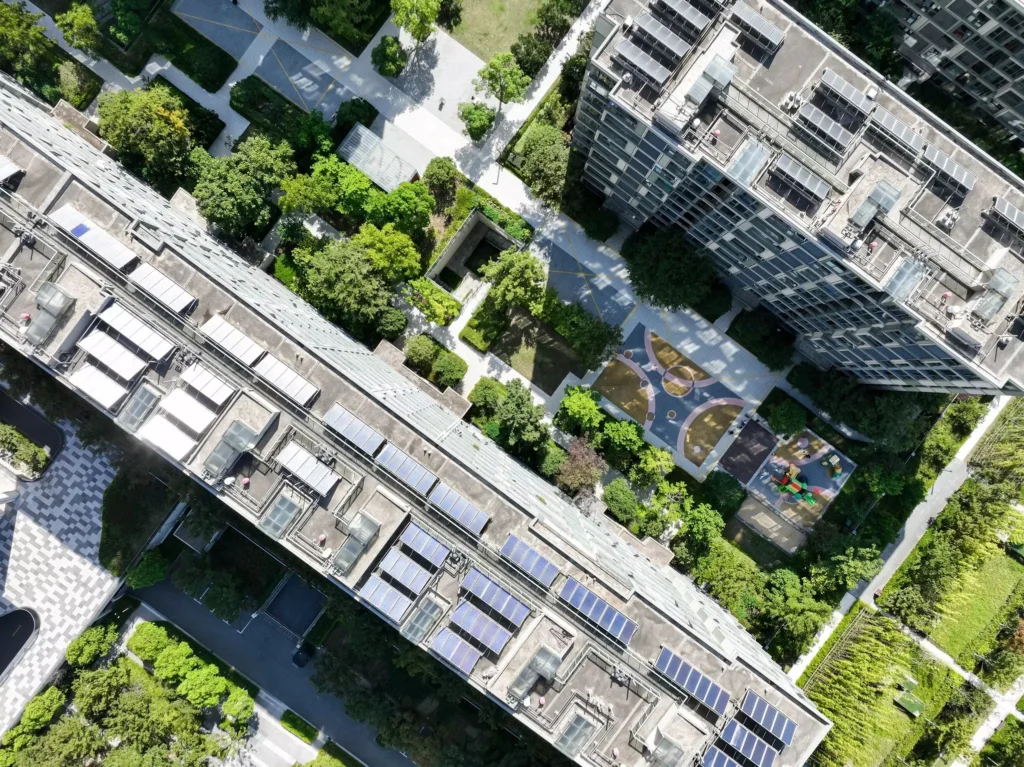
Affordable housing: a strategic goal
The issue of affordable housing is crucial for ensuring the stability of communities and the economy. Despite the commitment to create 400,000 new homes, residential building permits are on the decline. BAU 2025 will showcase innovative strategies, such as converting commercial or hospital buildings into affordable housing.
Additionally, new housing formats based on community and social interaction are emerging, offering more flexible and adaptable cohabitation models that can foster a sense of belonging.
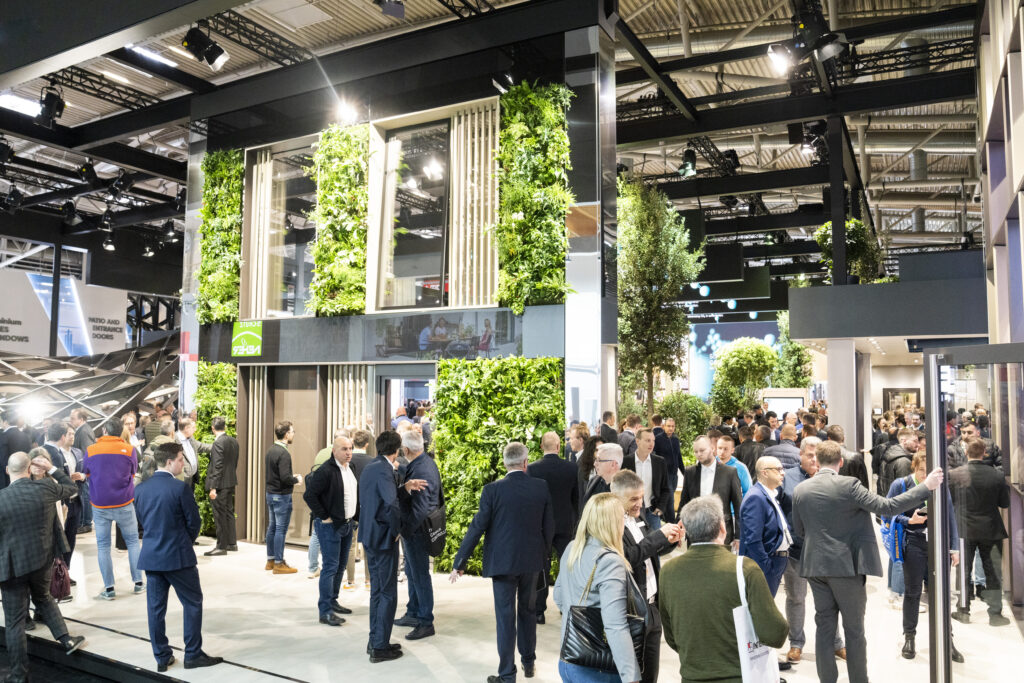
New formats and processes for sustainable development
Sustainable urbanization requires innovative methods and tools to address current challenges. BAU 2025 will serve as a showcase for best practices and scalable innovations that demonstrate how digitalization and technological advancements are influencing urban planning.
These new processes include innovative scenarios and forms of participation that promote collaborative design accepted by local communities.
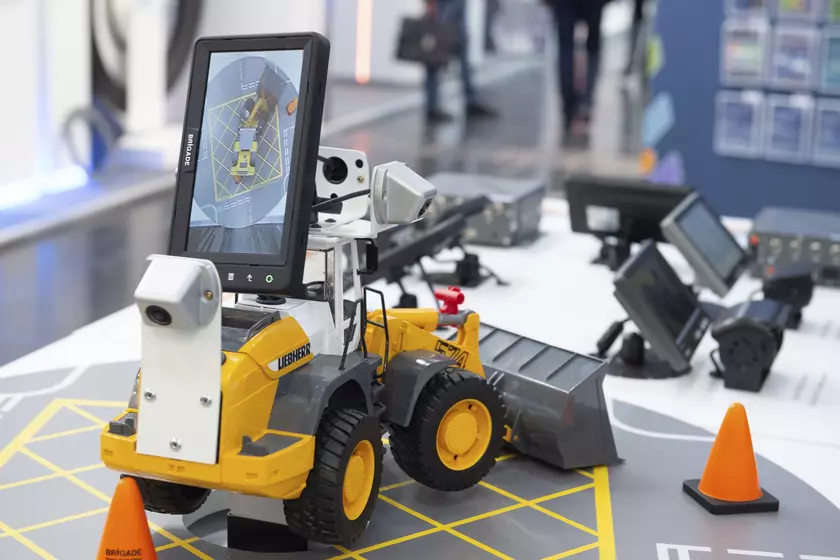
Towards a sustainable future: BAU 2025’s commitment
BAU 2025 thus represents a fundamental meeting point for all professionals in the construction and urban planning sectors. With a focus on sustainability, innovation, and the transformation of spaces, the event will provide valuable insights on how to tackle the global challenges of urban growth while preserving the environment and cultural heritage. The fair will be a unique opportunity to discover concrete and innovative solutions, contributing to shaping a fairer, more livable, and inclusive future for cities, rural areas, and neighborhoods.**
Discover more here.






